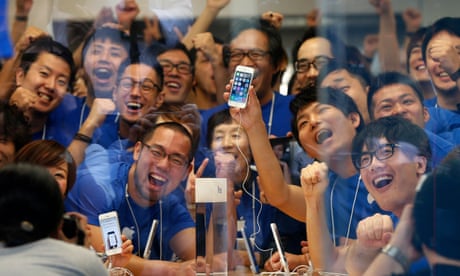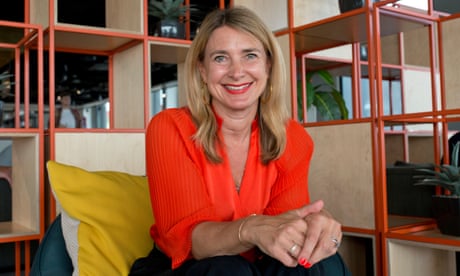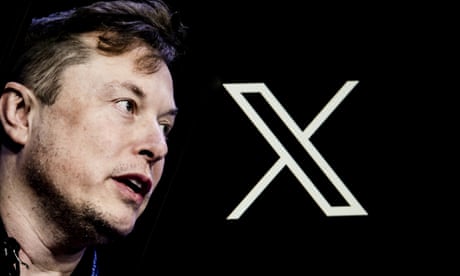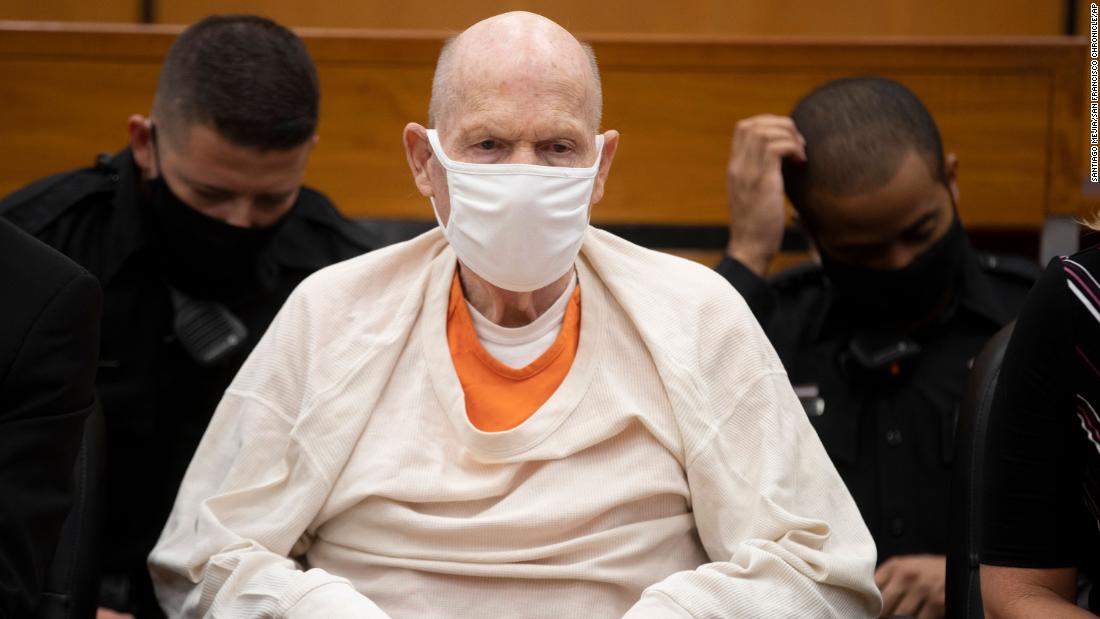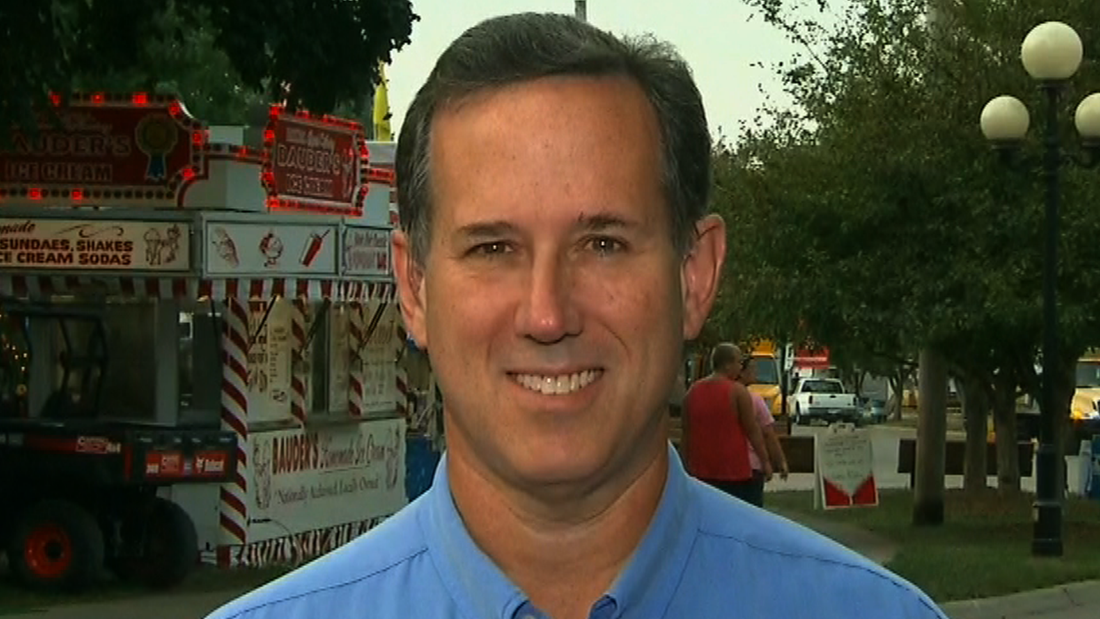- by theguardian
- 21 Sep 2023
The next giant leap: why Boris Johnson wants to ?go big? on quantum computing
The next giant leap: why Boris Johnson wants to �go big� on quantum computing
- by theguardian
- 24 Nov 2021
- in technology
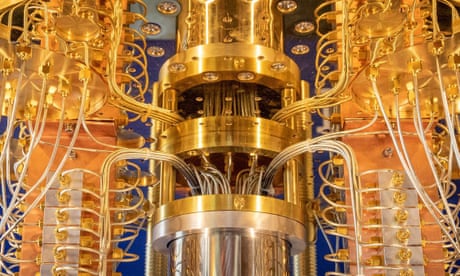
The technology behind everyday computers such as smartphones and laptops has revolutionised modern life, to the extent that our day-to-day lives are unimaginable without it. But an alternative method of computing is advancing rapidly, and Boris Johnson is among the people who have noticed. He will need to push the boundaries of his linguistic dexterity to explain it.
Quantum computing is based on quantum physics, which looks at how the subatomic particles that make up the universe work. Last week, the prime minister promised the UK would "go big on quantum computing" by building a general-purpose quantum computer, and secure 50% of the global quantum computing market by 2040. The UK will need to get a move on though: big steps have been taken in the field this year by the technology superpowers of China and the US.
Peter Leek, a lecturer and quantum computing expert at Oxford University, says "classical" computing (the common term for computing as we know it) has been an incredible 20th-century achievement, but "the way we process information in computers now still doesn't take full advantage of the laws of physics as we know them".
Work on quantum physics, however, has given us a new and more powerful way of processing information. "If you can use the principles of quantum physics to process information then you can do a range of types of calculations that you cannot do with normal computers," says Leek.
Classical computers encode their information in bits - represented as a 0 or a 1 - that are transmitted as an electrical pulse. A text message, email or even a Netflix film streamed on your phone is a string of these bits. In quantum computers, however, the information is contained in a quantum bit, or qubit. These qubits - encased in a modestly sized chip - are particles such as electrons or photons that can be in several states at the same time, a property of quantum physics known as superposition. This means qubits can encode various combinations of 1s and 0s at the same time - and compute their way through vast numbers of different outcomes.
"If you compared a piece of memory in a normal computer, it is in a unique state of ones and zeroes, ordered in a specific way. In a quantum computer that memory can be simultaneously in all possible states of ones and zeroes," says Leek.
To really harness this power requires an "entanglement" of pairs of qubits: if you double the number of qubits the computing power increases exponentially. Link these entangled qubit pairs together and you get a very powerful computer that can crunch through numbers at unprecedented speed, provided there is a quantum algorithm (the set of instructions followed by the computer) for the calculation you want to do.
- by travelpulse
- descember 09, 2016
Resort Casinos Likely Scuttled Under Amended Bermuda Legislation
Premier announces changes to long-delayed project
read more